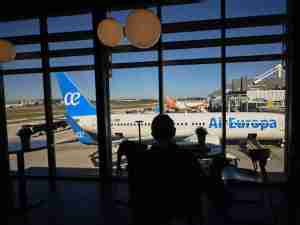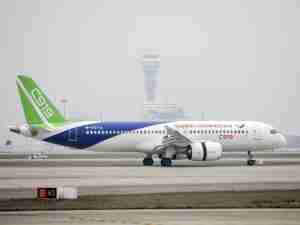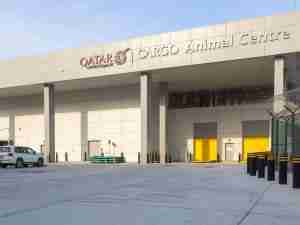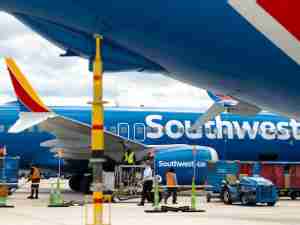Awarded by the UK Government’s Advanced Fuels Fund
Velocys plc (VLS.L), the sustainable fuels technology company, announces that in addition to the £27m grant from the UK Department for Transport’s (“DfT”) Advanced Fuels Fund for the Altalto waste-to-SAF project, announced separately today, it has also been awarded a grant of £2.5 million from the same fund, to contribute its technology to an e-fuels project in the UK in collaboration with a number of new and existing partners (“E-Fuels Project”).
The Advanced Fuels Fund provides grants to support the development of commercial-scale SAF plants and has a specific total allocation of £22 million for the development of e-fuels projects. These are fuels produced using renewable (decarbonised) electricity rather than vegetable oils or waste.
The £2.5 million grant awarded to Velocys under this e-fuels allocation will be used in conjunction with the E-Fuels Project’s partners to conduct feasibility, technical validation, site selection and pre-FEED engineering for such a project, to make SAF from carbon dioxide and hydrogen, in the UK.
The E-Fuels Project, to be known as “e-Alto”, will be managed by Velocys, partners include Clariant Catalysts (“Clariant”), Technip Energies (“T.EN”) and British Airways.
The key objective of the Advanced Fuels Fund is to kick-start the UK advanced fuels sector with the commercial deployment of innovative fuel production technologies that are capable of significantly reducing UK aviation carbon dioxide emissions.
Henrik Wareborn, CEO, said “We are very pleased to have been awarded this grant as it reflects the capability of the Velocys technology use of different feedstocks, ability to attract world class partners, and access to a new project portfolio. Our IP-protected technology enables the production of synthetic liquid fuels such as SAF for the airline industry, from renewable power and CO2, as well as from sustainable waste and biomass. This award also shows strong commitment from the UK Government to accelerate the Department for Transport’s Jet Zero strategy for achieving net zero aviation by 2050.”











